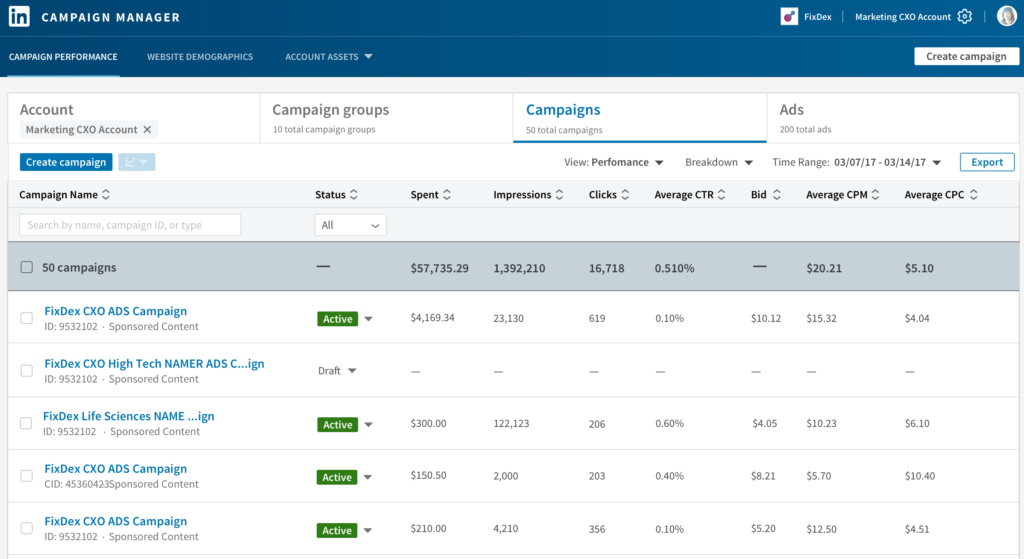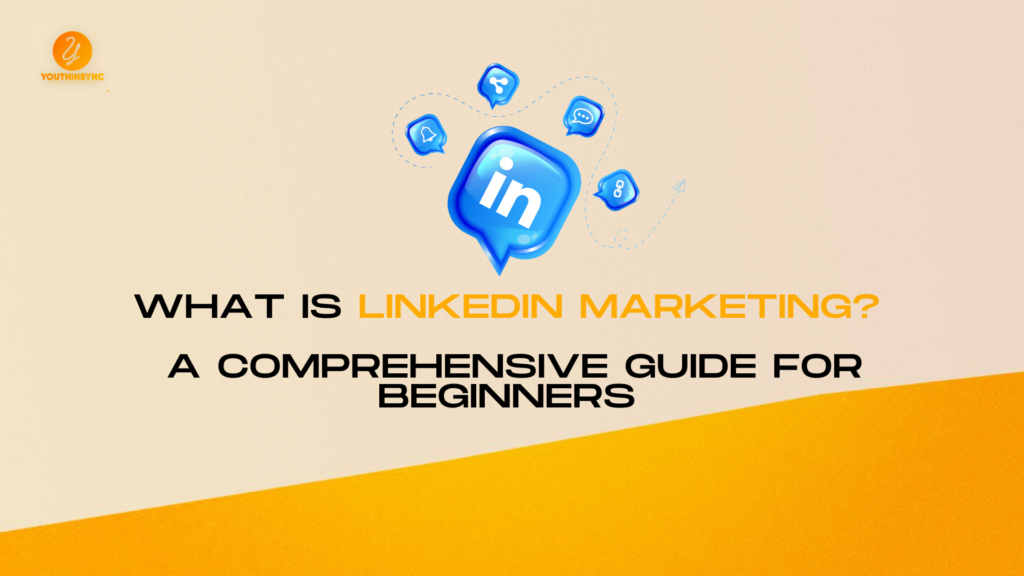LinkedIn is no longer just a platform for job seekers and recruiters; it has transformed into a powerful tool for marketers, entrepreneurs, and businesses. With over 900 million members across the globe, LinkedIn marketing has become an essential strategy for professionals looking to expand their network, build their brand, and generate leads.
This comprehensive guide will delve into what LinkedIn marketing is, its benefits, effective strategies for implementation, and tips to optimize your presence on the platform. By the end of this guide, you’ll have a solid understanding of how to leverage LinkedIn for your marketing efforts.
Key Takeaways
- LinkedIn marketing involves strategies to promote businesses, generate leads, and foster professional relationships on LinkedIn.
- Benefits include increased brand visibility, lead generation, networking opportunities, and content distribution.
- Successful LinkedIn marketing strategies include optimizing your profile, sharing valuable content, engaging with your audience, using LinkedIn ads, and networking with industry professionals.
Table of Contents
- What is LinkedIn Marketing?
- The Benefits of LinkedIn Marketing
- Key Strategies for Successful LinkedIn Marketing
- Optimizing Your Profile
- Creating and Sharing Valuable Content
- Engaging with Your Audience
- Utilizing LinkedIn Ads
- Networking Effectively
- Advanced LinkedIn Marketing Techniques
- LinkedIn Groups
- Company Pages
- Employee Advocacy
- Measuring the Success of Your LinkedIn Marketing
- Conclusion
What is LinkedIn Marketing?
LinkedIn marketing refers to the strategies and techniques used to promote businesses, individuals, and brands on LinkedIn. It encompasses a range of activities aimed at enhancing visibility, building connections, and generating leads. Unlike other social media platforms, LinkedIn focuses on professional networking, making it an ideal space for B2B marketing.
Businesses and individuals leverage LinkedIn to share content, engage with peers, and position themselves as thought leaders in their respective industries. This platform is particularly effective for targeting professionals, decision-makers, and businesses. With its advanced targeting options and analytics, LinkedIn provides marketers with the tools to create tailored marketing campaigns that can drive significant results.
The Benefits of LinkedIn Marketing
Investing in LinkedIn marketing can yield numerous benefits for both individuals and businesses:
- Enhanced Brand Visibility: LinkedIn is a professional platform where your brand can reach a targeted audience, enhancing visibility and credibility. Regularly posting content helps you stay top-of-mind among your connections and potential clients.
- Lead Generation: With its advanced targeting options, LinkedIn is an excellent platform for generating high-quality leads. You can target specific industries, job titles, and even companies, ensuring your message reaches the right audience.
- Networking Opportunities: LinkedIn allows you to connect with industry professionals, which can lead to valuable partnerships and collaborations. Engaging with others in your field can open doors to new opportunities and insights.
- Content Distribution: Sharing informative content can establish you as an authority in your industry. By providing valuable insights, you can engage your audience effectively, fostering loyalty and trust.
- Recruitment and Talent Acquisition: For businesses, LinkedIn serves as a powerful recruitment tool. It allows you to showcase your company culture and attract top talent.
- Brand Authority: Regularly sharing industry insights and thought leadership content can position you and your brand as experts in your field. This not only enhances credibility but also builds trust with your audience.
Key Strategies for Successful LinkedIn Marketing
To maximize the effectiveness of your LinkedIn marketing efforts, consider implementing the following strategies:
1. Optimizing Your Profile
Your LinkedIn profile is your digital business card. Make sure it accurately reflects your brand and expertise. Here are some key elements to focus on:
- Profile Picture: Use a professional photo that portrays you in a positive light. A clear headshot is essential for building trust.
- Background Image: Choose a background image that aligns with your brand or industry. This visual element can enhance your profile’s overall appeal.
- Headline: Your headline should be compelling and include relevant keywords. Instead of just listing your job title, consider including a value proposition that explains what you offer.
- Summary: Craft a detailed summary that highlights your expertise, achievements, and professional journey. Use this section to tell your story and showcase your passion for your field.
- Experience and Skills: List your relevant experiences, skills, and endorsements. This information helps potential connections understand your qualifications and expertise.
2. Creating and Sharing Valuable Content
Content is king, and this holds true on LinkedIn. Regularly posting valuable content can engage your audience and keep your brand top-of-mind. Here are some tips for effective content creation:
- Types of Content: Share a mix of content types, including articles, infographics, videos, and status updates. Experiment to see what resonates best with your audience.
- Industry Insights: Provide insights on industry trends, news, or developments. Sharing your perspective can position you as a thought leader.
- Personal Experiences: Share your personal experiences, successes, and challenges. Authentic storytelling can foster a deeper connection with your audience.
- Engagement: Encourage engagement by asking questions, soliciting feedback, or prompting discussions in your posts.
3. Engaging with Your Audience
Interaction is key to building relationships on LinkedIn. Here’s how to foster engagement:
- Respond Promptly: Engage with comments on your posts and respond promptly to messages. This shows that you value your audience’s input.
- Comment on Others’ Posts: Take the time to engage with your connections’ posts. Thoughtful comments can increase your visibility and strengthen relationships.
- Participate in Relevant Groups: Join LinkedIn groups related to your industry and actively participate in discussions. This can expand your network and establish your expertise.
4. Utilizing LinkedIn Ads
If you want to expand your reach, consider investing in LinkedIn Ads. LinkedIn offers various advertising options, including:
- Sponsored Content: Promote your posts to a wider audience, ensuring they reach targeted professionals.
- InMail Ads: Send personalized messages directly to your target audience’s inbox, increasing the likelihood of engagement.
- Dynamic Ads: Create personalized ads that target users based on their profile data, enhancing relevance and engagement.

5. Networking Effectively
Networking is one of LinkedIn’s primary purposes. Here are some tips for effective networking:
- Personalized Connection Requests: When sending connection requests, personalize your message to explain why you want to connect. This increases the chances of acceptance.
- Follow Up: After connecting, send a follow-up message thanking them for connecting. This helps to build rapport and opens the door for further conversation.
- Leverage Mutual Connections: If you have mutual connections, mention them when reaching out. This can establish credibility and increase the likelihood of acceptance.
Advanced LinkedIn Marketing Techniques
Once you’ve mastered the basics of LinkedIn marketing, consider implementing these advanced techniques to further enhance your strategy:
1. LinkedIn Groups
Joining or creating LinkedIn groups related to your industry can be an effective way to connect with like-minded professionals. Participate in discussions, share insights, and build your network within these groups.
2. Company Pages
Create a company page to represent your business on LinkedIn. Regularly update your page with relevant content, job postings, and company news. Encourage employees to engage with and promote the page.
3. Employee Advocacy
Encourage your employees to share company content and promote your brand. Employee advocacy can significantly increase your reach and credibility on the platform.
4. Utilize LinkedIn Analytics
LinkedIn provides valuable analytics to track the performance of your content and engagement efforts. Regularly review these metrics to understand what works and refine your strategy accordingly.
Measuring the Success of Your LinkedIn Marketing
To ensure your LinkedIn marketing efforts are effective, it’s crucial to measure your success. Consider tracking the following key metrics:
- Engagement Rate: Measure likes, comments, and shares on your posts. High engagement indicates that your content resonates with your audience.
- Connection Growth: Monitor the growth of your connections over time. This indicates your networking success and brand visibility.
- Lead Generation: Track the number of leads generated through LinkedIn. This could be measured through form submissions, inquiries, or requests for information.
- Content Performance: Analyze which types of content receive the most engagement and adjust your strategy accordingly.
Conclusion
LinkedIn marketing is an essential tool for anyone looking to build a professional presence and generate leads in today’s competitive landscape. By optimizing your profile, sharing valuable content, engaging with your audience, and utilizing LinkedIn ads, you can effectively leverage this platform to achieve your marketing goals.
As you embark on your LinkedIn marketing journey, remember that consistency and authenticity are key. By providing genuine value to your connections and engaging meaningfully, you can establish a strong presence on LinkedIn and unlock new opportunities for growth and success.
Now that you understand the fundamentals of LinkedIn marketing, it’s time to put these strategies into action. Start by refining your profile and crafting a content plan today, and watch your professional network grow!

